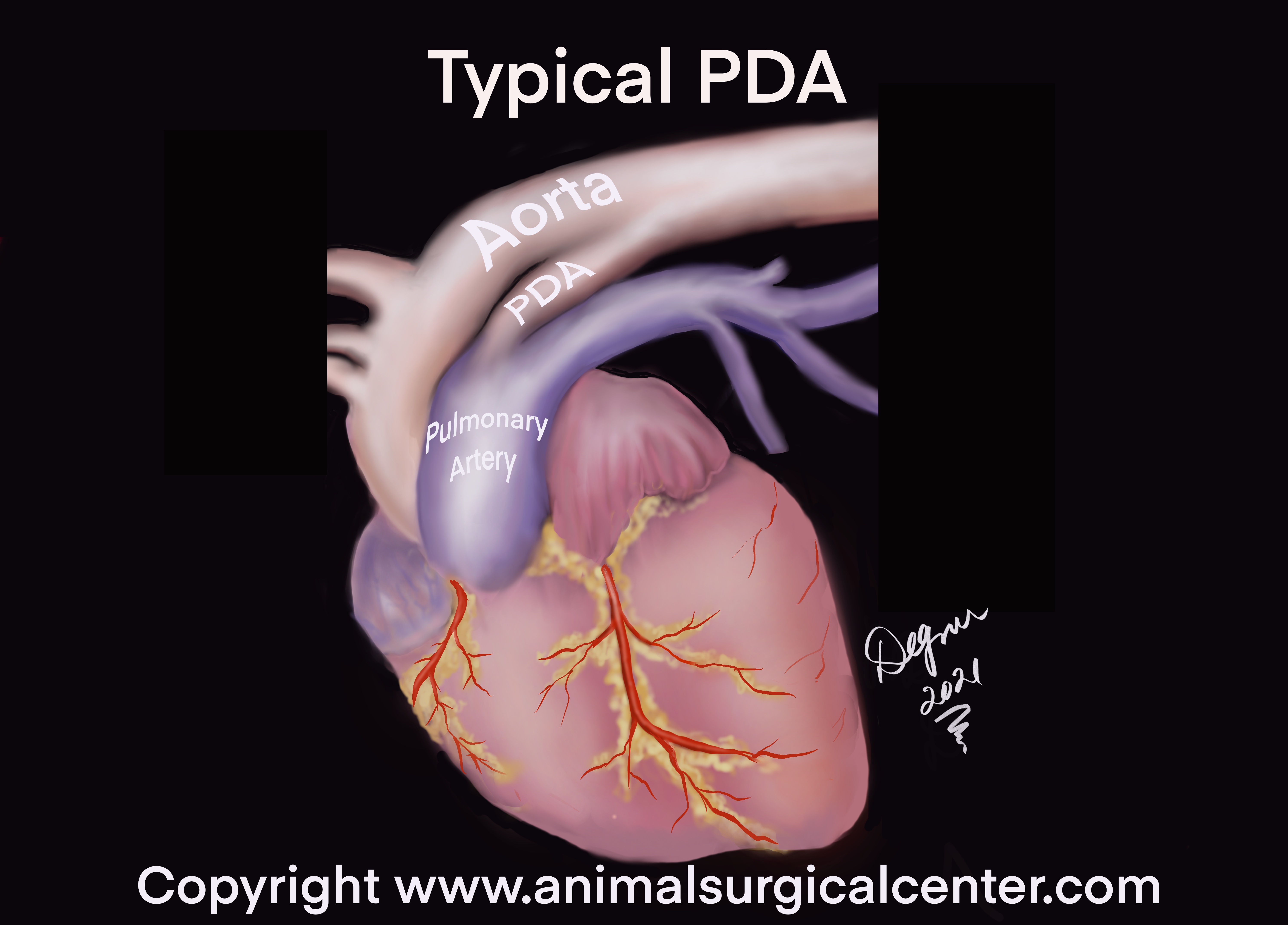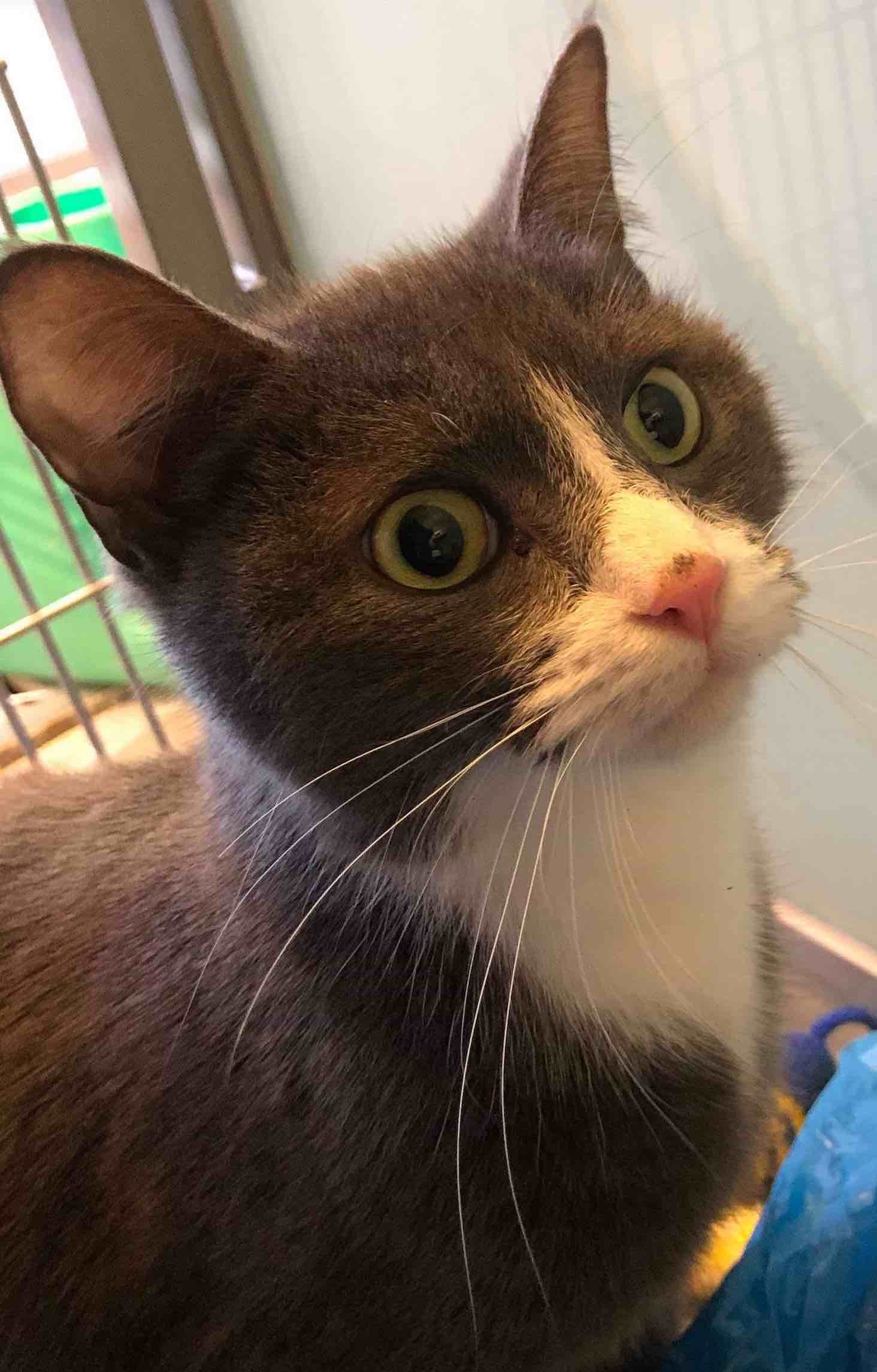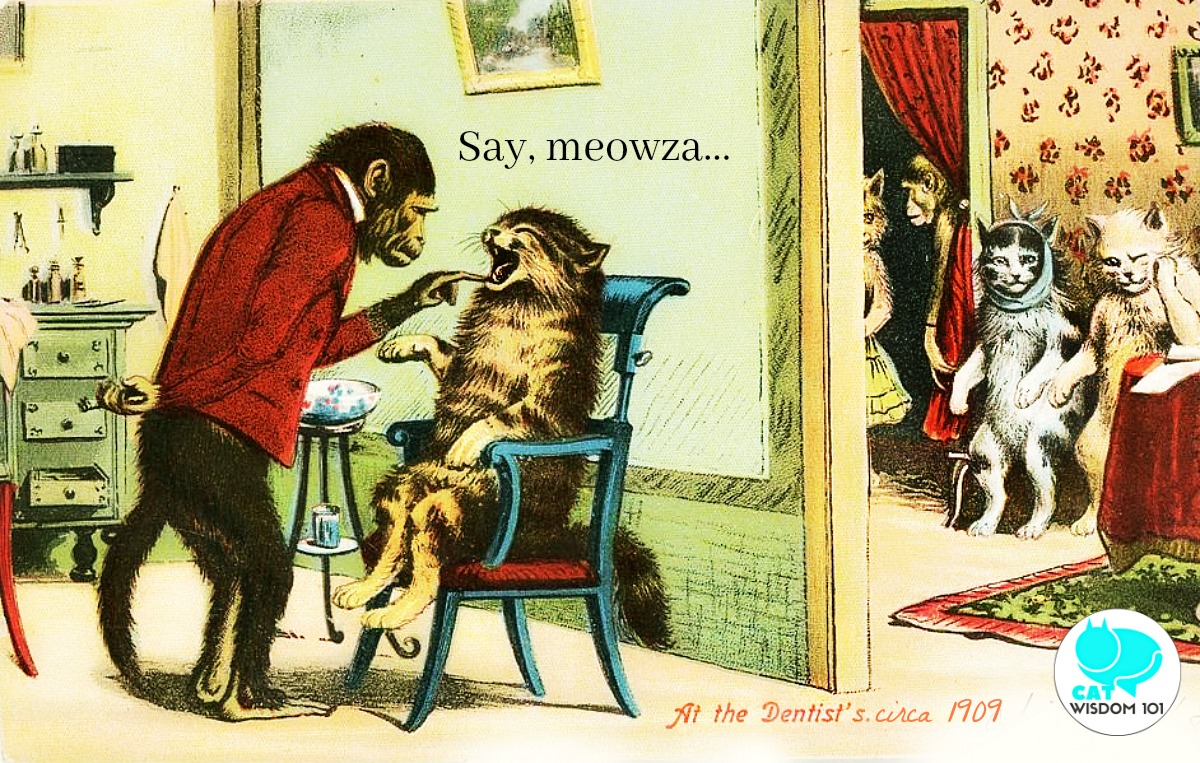Heart Murmur In Cats And Anesthesia
Prevalence of cardiomyopathy in apparently healthy cats.
Heart murmur in cats and anesthesia. Many practitioners are reluctant to anesthetize patients with a murmur yet not all heart diseases are alike and they certainly do not carry the same risks. By monitoring your pets heart rate your veterinarian can make anesthetic adjustments quickly. The murmur may first appear at 6-8 weeks of age and a kitten with an innocent heart murmur will usually outgrow it by about 4-5 months of age.
The grade of murmur does not necessarily mean heart disease is more or less severe or even present. Heart murmurs in cats can be associated with structural heart disease pathological heart murmurs but a high percentage of cats with murmurs appear to have no evidence of structural heart disease non-pathological heart murmurs. The anaesthetic risk is increased for patients with cardiac disease even if they are able to compensate.
Veterinary dental specialists are specifically trained in risk management particularly for cats that have other diseases that make the odds of success too low for general-practice veterinarians to undertake. Identify all prescribed and over-the-counter medications including aspirin and supplements to avoid ad-verse drug interactions1 Physical examination. Anesthesia paired with any cardiological condition poses a serious risk and many veterinarians will refuse to perform the operation entirely if they suspect a murmur.
It is caused by turbulent blood flow and high velocity. If the heart murmur is severe enough to cause heart disease such as congestive heart failure then signs such as coughing difficulty breathing rapid breathing or even collapse may be seen. Some normal adult cats may have an intermittent heart murmur that shows.
More if there is more complication. Etomidate Etomidate is a short-acting hypnotic anesthetic that produces its anesthetic action through binding and positive modulation of GABA A receptors in the CNS. Anaesthesia in dogs and cats with cardiac disease.
Heart murmurs are graded 1-6 with 1 being of the least concern and 6 being of the most concern. An echocardiogram cardiac ultrasound is a simple non-invasive imaging test that can evaluate your murmur. A heart murmur is an abnormal sound heard when listening to the heart with a stethoscope.


















